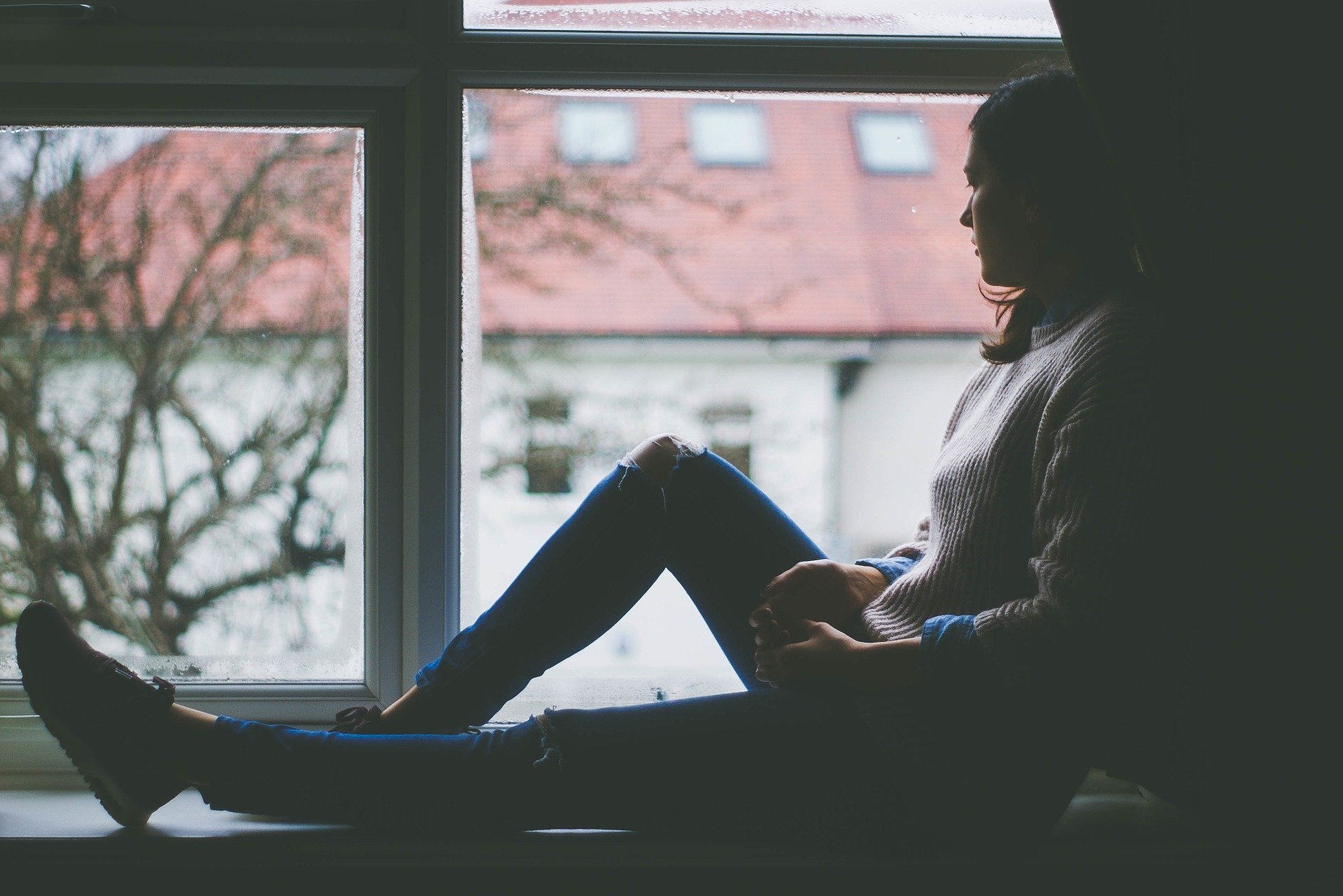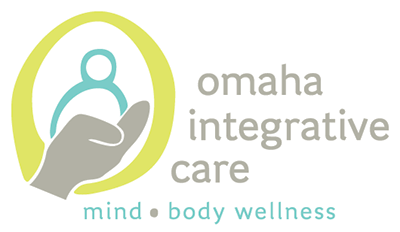
By now, most of us are settling into a new routine, a new normal. No one asked for this sudden shift in daily living, and the fear and uncertainty is unsettling, to say the least. COVID-19 is a global crisis, demanding that we all adapt quickly in order to protect our community. Thanks to human nature, when we are in crisis, we go into flight, fight, or freeze mode. Our nervous system takes over and we start to react quickly. Blood flow shifts to the larger muscles, and heart rate increases as we become laser-focused on the imminent threat. While this type of response is helpful and protective in an acute crisis, it can have a detrimental effect over the long term.
Naturally, we have been reacting to the pandemic the last few weeks. When we are in crisis, the list of what is important gets shifted and shortened. Healthy routines and things that are good for us may have been trumped by figuring out how to work remotely, learning how to home-school, ensuring we have food and medication, and so many other things. When we operate in the tunnel vision of crisis, our list of what to do becomes very short out of necessity. We are in survival mode. Ironically, we typically cut out what will help us the most when it comes to maintaining through a longer term response to our current situation. Here’s what may have fallen to the bottom of your list the past few weeks, but needs to be put back up at the top.
Self-care
Whatever your self-care routine looked like before COVID-19, it is important to revisit this. Likely, it will look different, but you want to find ways to decrease your stress and take care of you so that you can take care of others. Self-care is different for everybody. It may be reading for pleasure, time with a pet, journaling, taking a bubble bath, gardening, or any number of things. Whatever you can lose yourself in and find a sense of peacefulness is self-care. Depending on what life looks like for you, self-care can be as simple as brushing your teeth twice a day and getting dressed. Start where you are and add as you can.
Mindfulness
Mindfulness practices have been shown to have a positive impact on physical and mental health. Mindfulness can decrease anxiety and stress, improve immune functioning, increase focus, and improve overall mood. Mindfulness has also been shown to help with chronic pain and is what we call dose responsive, meaning the more you practice the greater the benefit you experience. Mindful.org is offering free mindfulness resources. Our mindfulness classes are being offered remotely. If you are new to mindfulness, you can work with one of our yoga teachers remotely.
Health
We all do it: We get busy with a crisis or stressor, and the first thing we do is cancel the wellness visit, a counseling session, or a medication appointment. Your health should be at the top of your list right now. This includes keeping your regular appointments or making new appointments if needed via telehealth. Most insurance plans are covering telehealth sessions. You can contact your insurance plan to verify what they are covering.
Prescribed medications are a part of your health. Now is not the time to miss doses or let your prescription run out. You can still reach your providers for any questions or concerns about medications. If you haven’t already, consider getting a 90-day supply of your medications.
If you need to make an appointment with a provider at Omaha Integrative Care, you can call our scheduling line at 402-934-1617 or send a message through your patient portal.
As with medications, you don’t want to make changes to any vitamins or supplements you are taking without consulting your provider. This is true for adding anything new. While there is some information about vitamins and supplements that may be helpful in supporting your immune system during this time, you should always consult with your provider before taking something new. To maintain your current vitamin and supplement regimen, Metagenics provides shipping to your home.
Charitable giving or service
Once you have established some routine in your own life, bring charitable giving or service back into your activities. We all are suffering in some way right now. Every single person is impacted and has a story. Not only do we need each other, it benefits us to offer help. There are physical and mental benefits of helping someone, and helping creates a sense of universality that will help us all get through this. Most importantly, there are many vulnerable populations with few resources who are at great risk during this time. Learn more about how you can help here and visit Omaha Community Foundation or United Way of the Midlands for local opportunities to support our community.
Our routines have been disrupted, but don’t let that keep you from the healthy habits we need most right now. Keep those at the top of your list!

Connect With Us